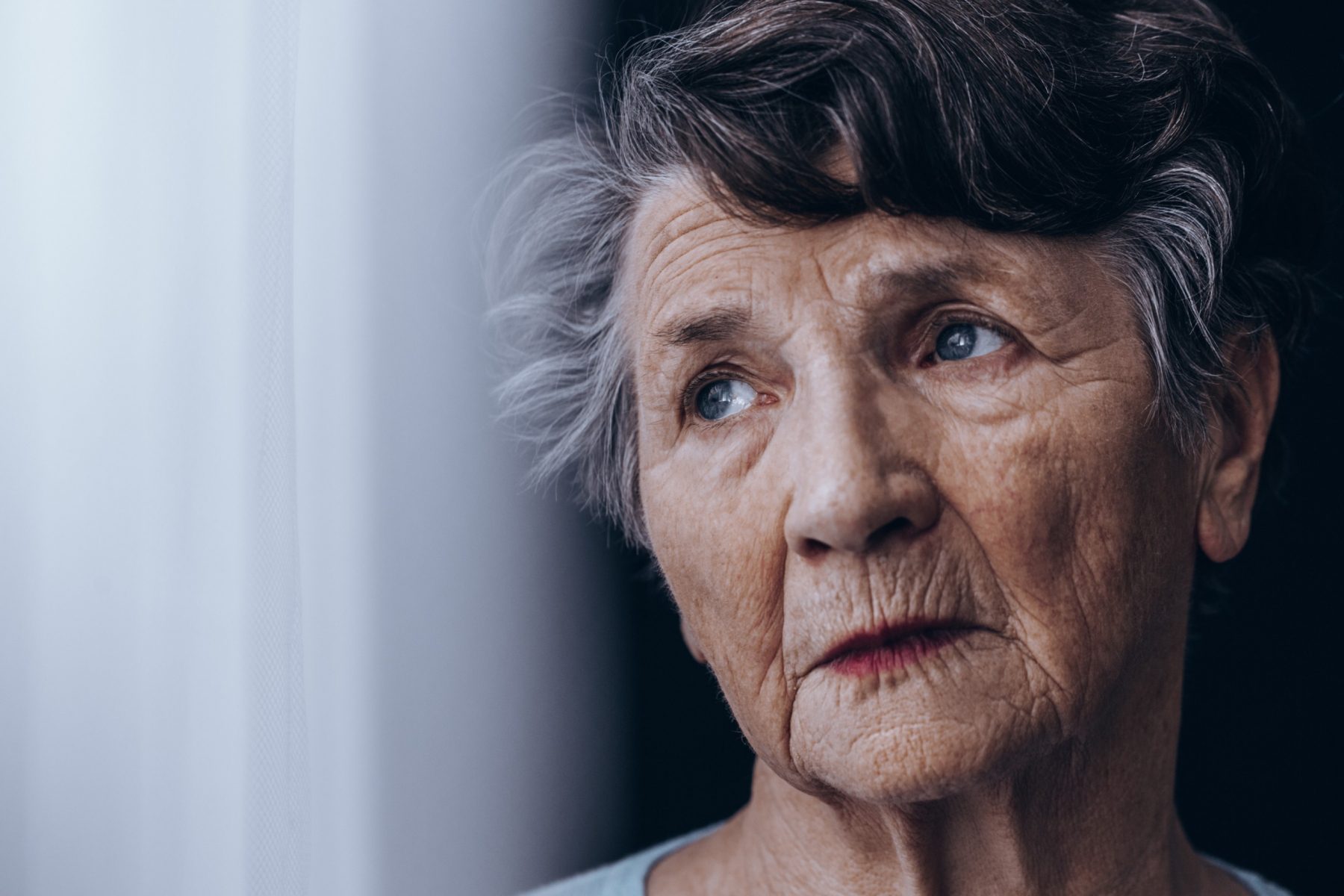Elder abuse and neglect are more common than not. As a loved one living with someone who needs help from a caregiver, you need to know the signs so you can get help right away. Sometimes it is not as straightforward as you would expect, but there are warning signs that you need to be aware of.
What is Elder Abuse?
Elder abuse consists of physical, emotional, sexual harm that is inflicted on the older adult. Financial exploration or neglect of their welfare counts as well. There are half a million reports of elder abuse to the authorities every year in the U.S.A. A million more cases go unreported. As older adults become weak and frail, they need to rely on the people who take care of them more than ever. Weith relying on caregivers can often think, take advantage, bully, and cause physical harm, which they can’t fight back.
Types of Abuse
There are different forms of elderly abuse and neglect. Here are the most common types.
- Physical Elder Abuse: This is non-accidental use of power against the older adult. Which might lead to physical injury, discomfort, or bodily harm. It doesn’t always have to be physical abuse; it could also be the abuse of drugs, restraints, or confinement.
- Emotional Elder Abuse: These could cause emotional or psychological pain or distress:
- Intimidation, which may involve yelling or threatening.
- Humiliation or ridiculing.
- Blaming or scapegoating
- Ignoring the elder
- Isolating the older adult from family or friends
- Terrorizing or meaning the elder
- Sexual Abuse: Having contact with older adults without their consent is considered sexual abuse. This is more common in half of the reports about abuse towards older adults. This could be showing an elder pornographic material, forcing them to do sexual acts, or forcing the elder to undress.
- Elder Neglect: Failure to ensure caretaking obligation is considered elder neglect. This is another common abuse towards older adults. This can be either intentional or unintentional; it is based upon different factors, such as ignorance or denial that the older adult requires the abundance of care they need.
- Financial exploitation: The failure to receive permission of an elderly adult’s funds or property by the caregiver or other untrustworthy people is an exploration of the elder’s finances. A suspected caregiver may:
- Misuse the elder’s personal checks, credit cards, or accounts.
- Pocket cash, income checks, or household items.
- Forging signatures
- Identity theft
- Scams an elder may fall into:
- Not providing healthcare, but merely accepting payments for it.
- Overcharging, or charging people two times for the same medical service.
- Kickbacks for referring patients to other providers or for prescribing drugs.
- Overmedicating or under medicating
- Aiding people in the falsification of medical prescriptions.
- Medicaid fraud
The Warning Signs
It can be a challenge to see the signs of elder abuse or to mistake dementia or frailness symptoms in the elderly. Caregivers could give them that impression; further, there are plenty of characters that overlap with mental deterioration, but you shouldn’t ignore it and agree with the caregiver. There could be arguments between the caregiver and the elder, or the elder could change their personality or behavior. Here are a few signs to look for if you suspect your loved one is being abused.
Physical Abuse Warnings:
- Indications of physical injury: bruises, marks, cuts, and especially those that are symmetrical on both sides of the body of your loved one.
- Broken bones, sprains, or dislocations.
- Drug overdose or failure to make prescriptions regularly.
- Indications of being restrained: rope burns on wrists.
- Caregiver denying you to see the elder alone.
Emotional Abuse Warnings:
- Derogating, threatening, controlling caregiver behavior
- If a member of your family starts exhibiting signs of dementia, for instance, rocking, sucking, or talking to oneself.
Sexual Abuse Warnings:
- Bruises around breasts or genitals
- Unexplainable vaginal or anal bleeding
- Torn, stained, or bloody clothing
Elder Neglect Warnings:
- Weight loss, malnutrition, dehydration
- Untreated physical ailments, for example, bedsores.
- Dirty living conditions: dirt, bugs, soiled bedding, and clothes.
- Unbathed
- Inappropriate clothing for the weather
- Unsafe living conditions: no heat, running water, faulty electrical wiring
- Desertion of the senior citizens at a public place
Conclusion
Elderly abuse is a common thing to worry about with your loved ones. Be sure to be fully aware of what your loved one is going through. If you see the signs above, reach out for help. Your loved one doesn’t deserve such abuse or neglect. TLC Home Care is a fantastic company that vets all their employees to ensure that they are hiring caring and compassionate people.
